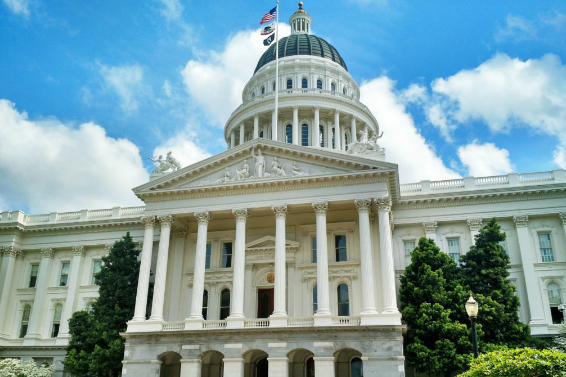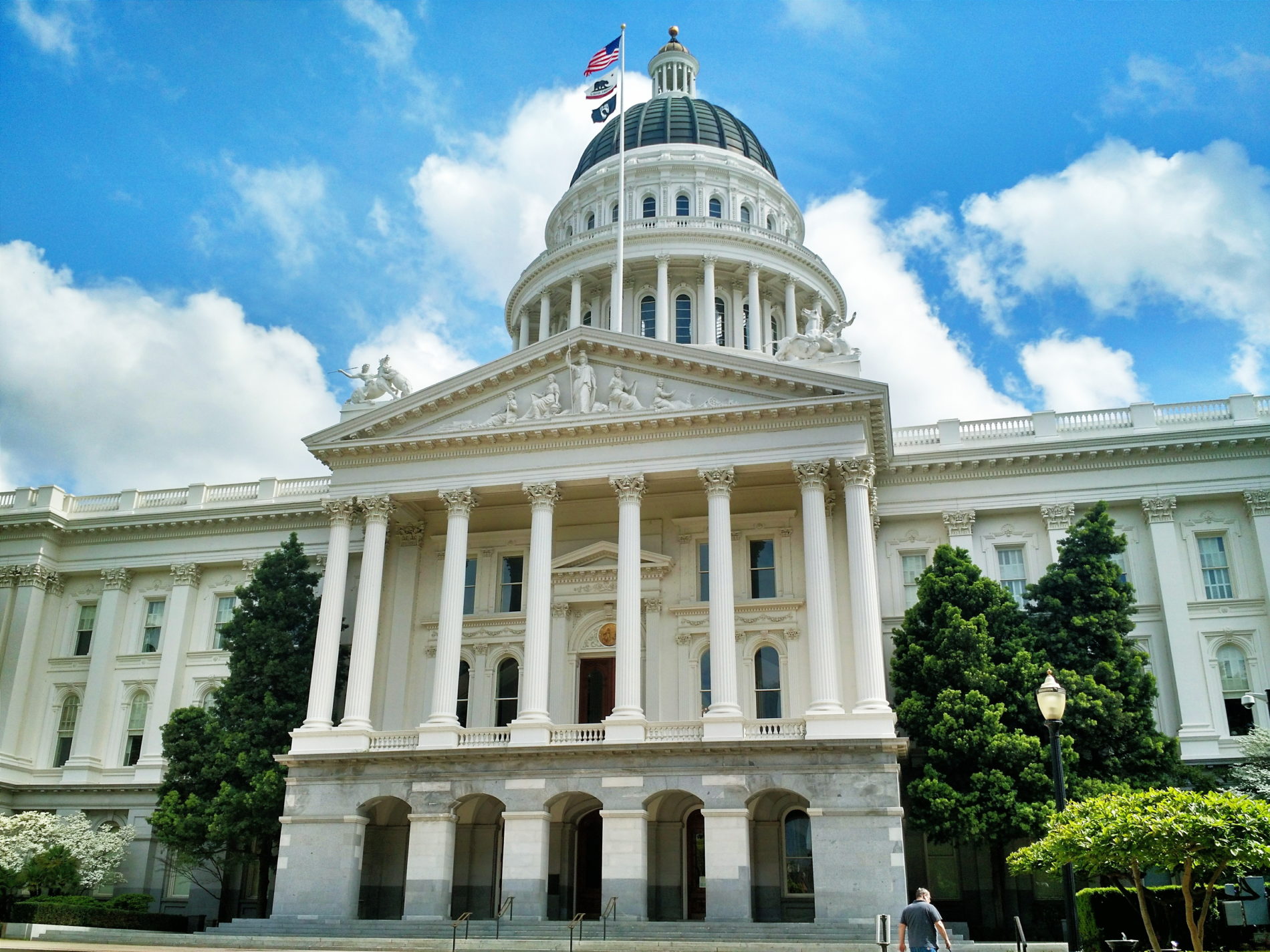May 25, 2018

The California Senate appropriations committee has voted in favor of SB-944 which will formalize community paramedicine.
This week the California Senate Committee on Appropriations voted in favor of a new law (SB-944) to formalize community paramedicine. The law aims to create oversight bodies and a legal pathway for local EMS authorities to build programs in their regions. The committee voted four in favor, with three abstentions, to move the bill to the senate floor. If the California Senate gives a nod to the bill, it will then head to the State Assembly, and finally on to Governor Brown.
Community paramedicine has existed in California for the past three years in the form of thirteen temporary pilot programs. These pilot programs utilized specially-trained, senior paramedics to assist patients in key demographic segments of the prehospital population, such as post-discharge, mental health, frequent EMS users, and hospice. Annual UCSF reviews found an overwhelming majority of the programs to be successful and cost-effective. These findings mirror the results of community paramedicine programs across the country.
A portion of the California pilot sites also reviewed the transport of EMS-originating patients to alternative destinations in lieu of emergency departments. In San Francisco, Paramedics tested the safety of transporting inebriated patients to sobering centers where they could be observed by a registered nurse, sleep, and metabolize the alcohol in their system. These patients typically do not require medical attention after their initial triage yet occupy beds for hours. The program was highly successful, with only one concerning event of hypothermia. This issue was immediately rectified with an updated vital sign and transfer of care policy, and the program continued on without issue.
In a surprising turn, while the California Senate has supported the creation of community paramedicine, a second bill in the State Assembly (AB-1795) aimed to allow alternative destinations for EMS patients was killed in committee. This bill had the support of California hospital executives, medical directors, paramedics and insurers.
It is likely the bill was opposed by nursing labor groups who see paramedic growth as a threat to job roles they prefer filled by nurses. It is also possible the emergency physicians, distinct from medical directors, opposed the bill under the premise of reduce emergency room visits and revenue. Even SB944, the bill remaining alive, was lobbied to include mandatory oversight of all community paramedicine by nursing labor representatives, revealing some of the underlying motives.
While the future of the community paramedicine bill remains uncertain, the fate of the alternative destination is sealed for now. The California legislative environment has been tough on a long-idle paramedic community that is struggling to better serve their populations under antiquated state code. Stay tuned for updates on this important issue.



